Nearly a third of the U.S. population alone takes vitamin supplements every day, creating a huge market and profit for supplement companies.
But are those pills really giving your body all of the complex vitamins, minerals and other nutrients that you need to thrive? Supplementing a poor diet with a handful of vitamins every day is not your best bet when it comes to long term health.
Perhaps it’s time to go back to getting our nourishment the old-fashioned way – by eating nutrient rich, fresh foods instead of swallowing supplements.
Compared to average 20-30 nutrients found in common multivitamin and mineral supplements, over 10,000 nutrients can be consumed from healthy, natural food choices. Natural foods are also often better processed by the body than supplements alone.
Try to add more of these 15 super foods into your regular diet to increase the amount of daily nutrients you are getting.
Apples. We’ve all heard the saying “an apple a day keeps the doctor away.” This doesn’t always hold up, but there is a reason for it. Apples are rich in fiber, flavonoids, polyphenols, and antioxidants - which destroy free radicals, and protect your healthy cells from damage.
Avocados. They may be high in fat content, but only “good fat” – the kind that lowers bad cholesterol (LDL) while raising good (HDL) cholesterol levels. Also rich in fiber, avocados have the benefit of high amounts of the brain-boosting vitamin E, as well as antioxidants, magnesium, potassium, and folate.
Beans. Black beans, kidney beans, red beans, lima beans… the list goes on. Great for brain function and memory, beans are full of vitamin B. They also contain iron, potassium, magnesium and folate. Another super food that helps lower cholesterol, beans provide a high amount of protein and a low glycemic index glucose that provides your body with long lasting energy. Beans and rice are a common meal around the world because it is a perfect complementary protein dish that gives you the nutrients and carbohydrates you need – even for vegetarians.
Berries. Blueberries are the powerhouse of berries when it comes to vitamins and minerals – but all berries contain good servings of vitamins C & E, potassium, folic acid and fiber. They are also loaded with those all-important antioxidants. Berries have been shown to help reduce inflammation, lowering your overall risk for chronic disease. This super food is tasty, low-calorie and kid friendly. Fresh or frozen, straight up or in smoothies, eat as much as you like. You can even indulge in berry-filled desserts.
Chocolate. Dark chocolate, that is. The same antioxidants found in tea – flavonoids – are also in dark chocolate. Milk and white chocolate don’t count, it has to dark chocolate, and there’s no need to overdo it. A few small pieces will give you an extra kick of flavonoids, which can lower your blood pressure and help keep your arteries free from clogging. Check the label and pick the highest percentage of cocoa solids when possible.
Fish. Fatty fish like tuna, trout, salmon, mackerel, herring, and small anchovies or sardines are an excellent source of omega 3 fatty acids. Instead of just taking fish oil supplements for omega 3’s, add more cold water, fatty fish to your diet throughout the week. Fatty fish are a wonderful protein source, with heart-healthy monosaturated fats. Omega 3 fats have a number of health benefits, but are especially good for your brain. They can help decrease inflammation and arthritis, treat heart disease and cancer, and studies have also shown that they can lower your risk for developing depression and even Alzheimer’s disease.
Kale. This dark leafy green is one of the most nutritious vegetables you can eat. Like other super foods, it can lower cholesterol and contains anti-cancer phytochemicals (plant chemicals). Kale has lots of vitamins C & K, beta carotene and calcium. Boiling kale can make it lose some of these nutrients, so it is better to steam or stir-fry this super food – if you don’t plan on adding it to a green smoothie raw.
Kiwis. Just like oranges, kiwis have very high amounts of the antioxidant vitamin C – but they also contain nearly as much potassium as bananas per serving. The edible skin of kiwis is even full of flavonoids, another antioxidant.
Millet. If you haven’t heard of it, millet is a grain-like grass seed that is a great source of magnesium and B vitamins – folic acid, vitamin B6 and niacin – as well as potassium, iron, zinc and calcium. This super food is also gluten free.
Oats. Known for high amounts of fiber, oats are also a good source of protein, magnesium, potassium and even some antioxidants. The high fiber in oats can help keep blood sugar levels normal, by slowly releasing glucose during digestion. Oats also help lower cholesterol. If a bowl of oatmeal isn’t your cup of tea, add oats to muffins and other baked goods.
Olive Oil. Another “good fat” super food here, olive has the same heart-healthy and inflammation decreasing omega 3 fats as other super foods like fish and avocados. Try substituting butter with olive oil when cooking and use it in salad dressings.
Spinach. You should really listen when Mum tells you to eat your spinach. This super food can be eaten raw or cooked, and has similar nutrients as kale. Spinach also has lutein, which is good for eye health, and lots of antioxidants (including coenzyme Q – a very expensive nutrient if you buy it in supplement form). Packed with vitamins B, E & C and iron, spinach has close to no calories. It even contains a nutrient called betaine that may be especially good for heart health.
Tomatoes. Have you heard of lycopene? If you are a man, you can probably find it on the label of your multivitamin & mineral supplement. Lycopene is a very strong antioxidant known to reduce the risk of prostate cancer. Cooked tomatoes actually release more lycopene than eating them raw, so tomato sauces are an easy way to get a lot of lycopene straight from your food.
Walnuts. Another omega 3 fatty acid and antioxidant rich super food, walnuts are also full of plant sterols – which can help lower cholesterol. Take note that walnuts do contain a lot of calories as well, so snacking on them in moderation is best.
Yoghurt. Why is yoghurt a super food? One word: probiotics. The active, healthy bacteria cultures in yoghurt help digestion and even fight off bad bacteria in your intestines. As a dairy source, yoghurt is also a source of protein and calcium. Be sure to check labels to find out which brands contain live cultures (like acidophilus – another pricey supplement), and avoid yoghurt with lots of added sugar. Plain or vanilla yoghurt is also a perfect addition to fruit smoothies!
Using a power juicer or blender for these super fruits and veggies is a perfect way to quickly and easily consume all of the antioxidants, minerals and vitamins that your body needs.

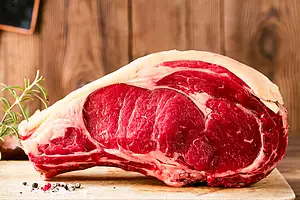

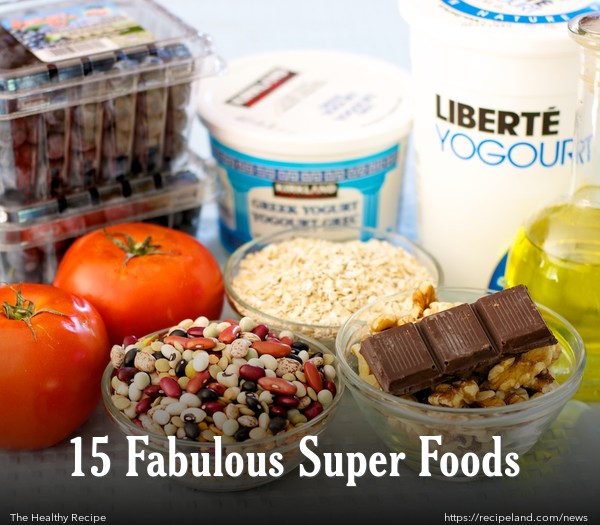


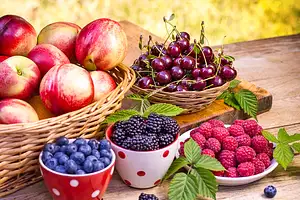

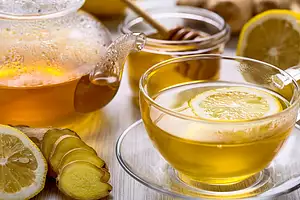
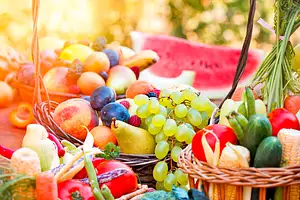
Comments